Published by DailyFT
- Report assessing the anti-corruption landscape introduces comprehensive set of governance reform recommendations designed to address root causes to current crisis in Sri Lanka
The Civil Society Governance Diagnostic Report on the Anti-Corruption Landscape of Sri Lanka was launched yesterday via a high level forum.
The report introduces a comprehensive set of governance reform recommendations designed to address the root causes to the current crisis in Sri Lanka. This report, the result of an in-depth study, identifies and prioritises key aspects in governance that require systematic attention from both a public opinion and economic governance perspective.
This collaborative effort, reflecting the crucial socio-political moment of reform in Sri Lanka, was led by Transparency International Sri Lanka (TISL) in partnership with a core group consisting of Verité Research, the Centre for Policy Alternatives (CPA), Sarvodaya, People’s Action for Free and Fair Elections (PAFFREL) and the National Peace Council (NPC). Together, they formed the “Civil Society Initiative on Anti-Corruption Reform for Economic Recovery”, with the shared understanding that the country is in a governance crisis embedded in deep rooted corruption, which must be addressed, if we are to strive towards actual, sustainable and equitable economic recovery.
The report benefited from input provided by over 250 participants representing diverse sectors, geographical locations, ethnic, religious, and cultural groups. Prof. Arjuna Parakrama, an esteemed researcher, conducted the research for the Civil Society Initiative.
The launch event saw the participation of policymakers, representatives from the International Monetary Fund (IMF), diplomatic missions, international funding institutions, civil society organisations, academics, and distinguished guests from various other sectors.
A quote from the report underscores its urgency: “The current growing sense of economic injustice has been exacerbated by the fact that the architects of the economic crisis do not bear any part of the burden of its proposed reform, which has been, again, firmly thrust, without any public dialogue, on the victims of this very crisis.”
Furthermore, it highlights, “Corruption is the core issue that determines the nature of the Sri Lankan polity. In fact, corruption has spread so far and wide that the country is currently facing imminent State capture, which prevents public institutions from fulfilling their roles.”
The report also reveals that among the high-probability and high-risk tactics used in Sri Lanka are the structural weakening of the country’s accountability framework, influence and interference with public officials, abuse of state-owned enterprises, manipulation of public procurement procedures, suppression of civil society, and the use of illicit financial transactions.
Recommendations
The Civil Society Governance Diagnostic Report on Sri Lanka presents a total of 34 main governance benchmark recommendations. These recommendations are categorised into three timeframes for implementation: immediate (0 – 6 months), short-term (up to 12 months), and medium-term (up to 24 months). They encompass measures aimed at enhancing transparency and accountability, improving macro political-economic stability and sustainability, and fostering structural changes within the country. Below is a comprehensive list of these recommendations:
Immediate (0 – 6 months): Measures to enhance transparency and accountability of existing systems
1. Maintain a fiscal transparency platform that displays all information related to tax exemptions.
2. Publish an annual report by 31 March each year, setting out the previous year’s expenditure variations against the approved budget, and explanations for the same.
3. Quarterly publication of a revenue report detailing changes to revenue measures that might result in annual revenue loss of 0.1% of GDP.
4. Publish follow-up on actions taken to regularise qualified opinions of the Auditor General.
5. Implement all the provisions of the Fiscal Management (Responsibility) Act (FMRA), revised as appropriate, and ensure that non-compliance is penalised.
6. Limit budget allocations under the development activities of the Department of National Budget (discretionary spending) to 3% of total expenditure.
7. Reduce corruption and waste in relation to the benefits provided to political leaders and senior bureaucrats through enforcing systems of transparency and accountability.
8. Address the politicisation of the public service.
9. Publish data related to all secondary market transactions of the Employees’ Provident Fund (EPF), with adequate detail to assess off-market rates of sale and purchase (as analysed by the forensic audits of the EPF published in 2019).
10. Proactively disclose information relating to the project three months before commencement as outlined in the Right to Information Act.
11. Quarterly publication of a complete set of updated information on public debt.
12. Maintain an online platform that publishes all significant public procurement contracts when cumulatively above Rs. 100 million to any set of connected suppliers.
13. Ensure impartial implementation of the legal framework in the Anti-Corruption Act (ACA) for public access to asset declarations.
14. Hold national elections in accordance with the constitutionally mandated timeframe.
15. Ensure enforcement of election campaign expenditure monitoring offences through by setting up an electronic system.
16. Ensure the Commission to Investigate Allegations of Bribery or Corruption’s (CIABOC) readiness to investigate and apply the law effectively and equally.
17. Publish all documents related to Environmental Impact Assessments (EIAs) for all large-scale infrastructure projects in an online portal to ensure transparency.
18. Protect and uphold civic space for citizen participation in all appropriate aspects of governance, including in democratic dissent and protest.
Short-Term (up to 12 months): Measures to improve macro-political-economic stability and sustainability
19. Amend all tax-related legislation to remove the excessive use of discretion for taxation changes without approved schemes.
20. Fully implement the price and tax measures anticipated in the Framework Convention on Tobacco Control (Article 6), to which Sri Lanka is a signatory.
21. Achieve an annual reduction of 10% in the five-year average of tax exemptions (connected to Recommendation 1).
22. Set up a Public Debt Management office external to the Central Bank.
23. Strengthen the National Procurement Commission for better oversight on public procurement and pass the Procurement Guidelines of 2019 with public consultation.
24. Conduct special audits on the ten state ministries/agencies with the lowest proportion (in value) of competitive bidding, and over Rs. 10 billion in procurement.
25. Establish a publicly accessible, online conflict-of-interest register.
26. Enact regulations for the transparent and accountable management of state enterprises.
27. Amend Parliamentary Standing Orders to better reflect continuity and accountability, especially to prevent disruption of the work of the to prevent disruption of the work of the Committee on Public Accounts (COPA), the Committee on Public Enterprises (COPE) and the Committee on Public Finance (COPF) each time Parliament is prorogued.
28. Reduce unnecessary military expenditure by demilitarising the North and East of Sri Lanka, re-skilling of military cadre prior to release, including handing back of private and common State lands.
29. Increase transparency and accountability of new social safety net cash transfers.
30. Ensure proper oversight and enforcement related to illicit financial flows (IFFs).
Medium-Term (up to 24 months): Measures towards structural changes that are necessary to significantly reduce corruption risk and impunity
31. Pass legislation on asset recovery in compliance with the United Nations Convention Against Corruption (UNCAC) with wide consultation, and ensure progress on key corruption cases, including those already commenced, with technical assistance from StAR (Stolen Asset Recovery Initiative).
32. Establish a specialised independent corruption prosecution office with IMF technical guidance based on advising offices established in other countries.
33. Alienate land for user-owned housing in the Malaiyaha Tamil areas, and provide living minimum wage for plantation sector workers (right to housing and livelihood).
34. Change the composition and structure of the Constitutional Council so that there is a higher ratio of non-political representatives.
At the high-level launch, the Civil Society Initiative emphatically called upon the Government to prioritise these key recommendations in good faith, with support from development partners such as the International Monetary Fund, World Bank and the Asian Development Bank.
For detailed information on the 34 recommendations of the report, please refer to the full report on www.tisrilanka.org.

